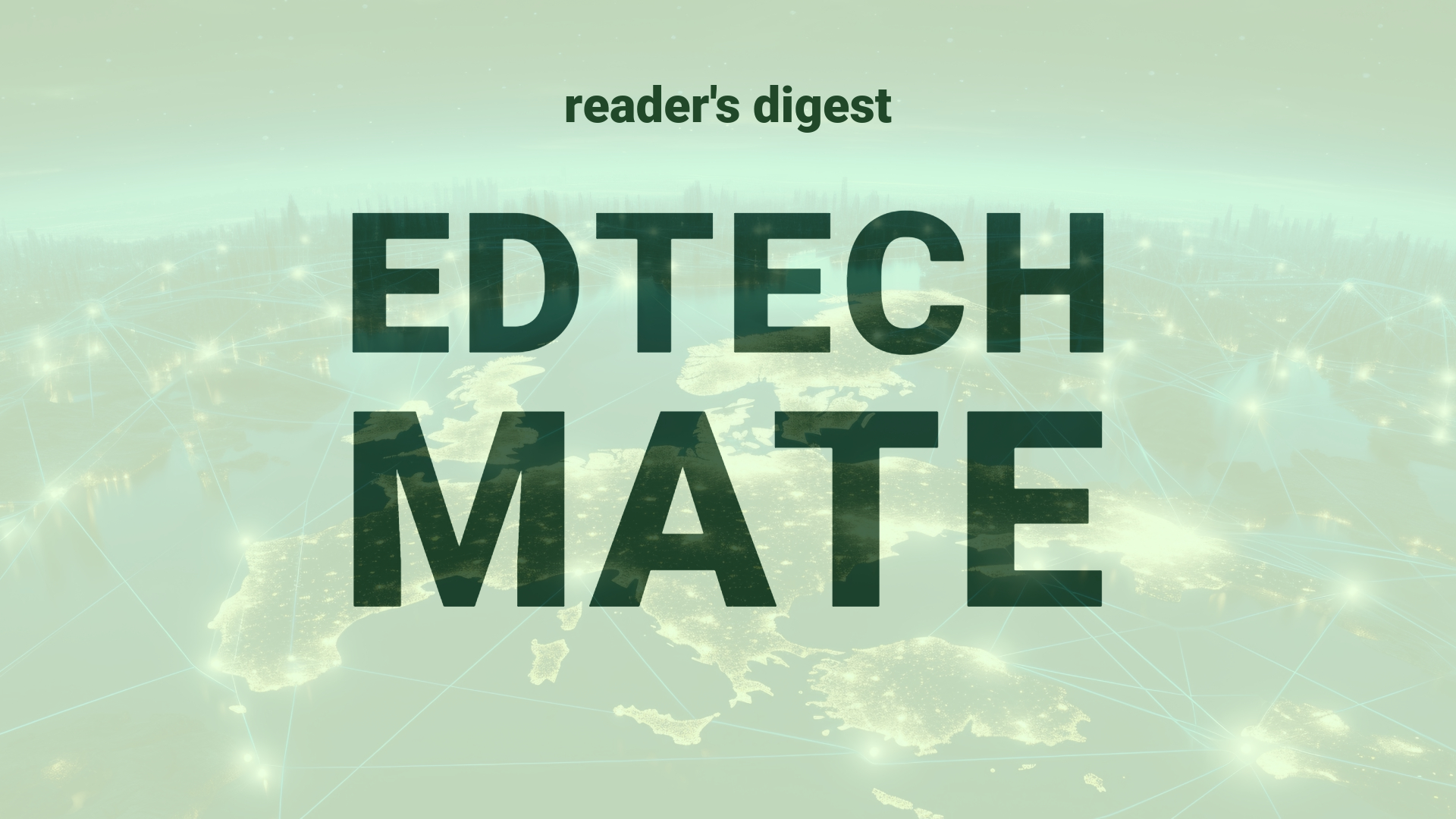“`html
Executive Summary and Main Points
In the context of global education and digital transformation, recent discussions center on the importance of recognizing and cultivating one’s inherent strengths rather than an overemphasis on addressing weaknesses. This shift in focus is underpinned by concepts outlined in the literature, such as Marcus Buckingham’s distinction between general competencies and innate talents. Known challenges, like negativity bias and the downplaying of natural abilities, are identified as barriers to personal development. The education sector could greatly benefit by integrating this perspective into leadership training, curricular development, and student advising processes.
Potential Impact in the Education Sector
Understanding the nuances between general and innate strengths can significantly affect Further Education and Higher Education. Institutions that promote awareness of these concepts can create curricula that better align with students’ intrinsic motivations, potentially leading to improved learning outcomes and student satisfaction. For Micro-credentials, recognizing individual strengths can lead to more personalized and impactful learning experiences. Strategic partnerships between educational institutions and businesses that focus on strengths could result in more effective internship programs and career placement services, complemented by the targeted use of digital tools for skills assessment and development.
Potential Applicability in the Education Sector
AI and digital tools can be integral in identifying and enhancing innate student strengths. Custom AI algorithms could analyze student interactions, project choices, and feedback to pinpoint natural abilities, guiding educators on how to tailor instruction. Digital platforms can enable peer and mentor assessments that augment self-discovery, while also offering personalized educational pathways that recognize individual student talents as a central part of the learning process. Implementing these technologies in global education systems can facilitate a more adaptable and student-centric approach to learning.
Criticism and Potential Shortfalls
Emphasizing innate strengths has its detractors who argue that an imbalance could lead to neglecting necessary skill development. Real-world examples like the limitations observed in exclusively strength-focused leadership may not translate well across diverse international education systems. Moreover, culturally unique perceptions of strength and weakness pose ethical considerations, impeding universal applicability. The varied definitions of success across educational institutions further complicate the streamlined identification and development of innate strengths.
Actionable Recommendations
For practical implementation, educational leaders should consider integrating strengths-assessment tools into student onboarding processes and making ongoing support available through AI-enhanced platforms. This strategy should be paired with professional development programs for educators, emphasizing the balance between nurturing student strengths and developing essential competencies. Furthermore, international leadership could benefit from establishing cross-cultural case studies to better understand the diversity of strengths within global student populations. Lastly, ethical frameworks should guide the deployment of AI tools to ensure cultural sensitivity and inclusivity.
“`
Source article: https://hbr.org/2024/06/identify-and-develop-your-natural-strengths

